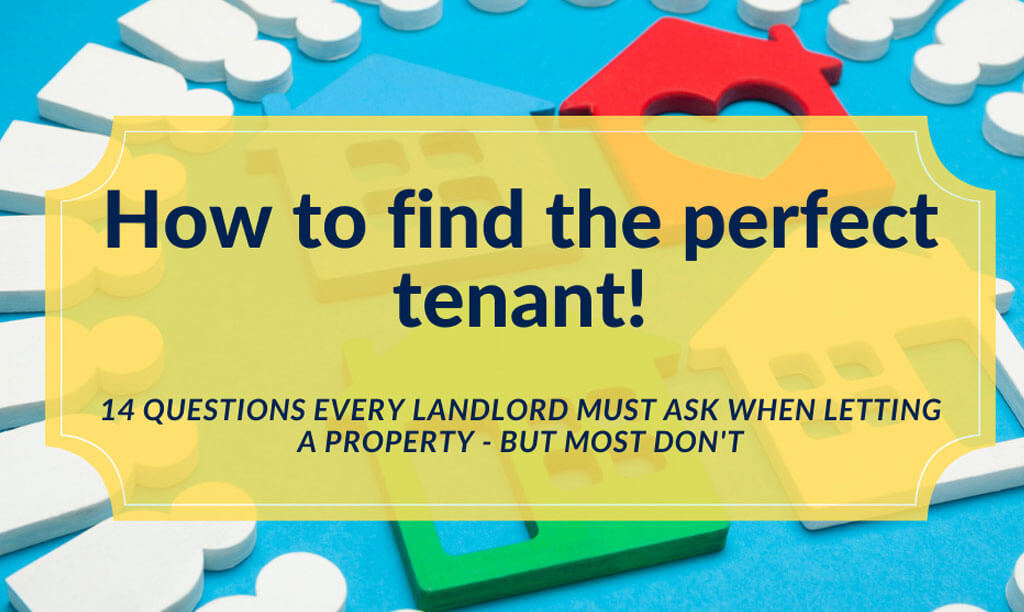Unreasonable or excess visits may have made you ask the question ‘What are the legal rights involved with landlord access to my property?’ Your landlord may own the property you rent, but they cannot usually access a property without making a prior agreement. Usually, your landlord is required to give notice of any visits to your home.
The Right To Quiet Enjoyment
As a tenant you have the right to quiet enjoyment. Your tenancy agreement and rent means that you are entitled to exclusive use of the property as your home. You can also choose who can visit and when. If your landlord, or letting agent, were to enter your home without permission this would be trespassing. There are occasional exceptions to this; for example, if the landlord having a court order.
The right to quiet enjoyment does not have to be written into the tenancy agreement to stand. There is also the requirement that your landlord must keep the property maintained and safe to live in. The tenant is also responsible for looking after the property and not causing any intentional damage.
When Does A Landlord Have The Right To Access My Property?
Your landlord will normally contact you to arrange a time that is convenient for you both to access the property to complete inspections, maintenance, or repairs. They must give you at least 24 hours of written notice by law. A message or email is normal. If there is an emergency your landlord may access the property without written permission.
The Landlord and Tenant Act 1985 consolidates certain provisions of the law of landlord and tenant formerly found in the Housing Acts. A landlord must ensure that the property is supplied with water, gas, electric and heating and has appropriate drainage and wastewater installations. As such, they or a contractor employed by the landlord, may need access to the property to ensure these repairs can be carried out. This act also gives them the right to access to inspect the property, if you have had at least 24 hours’ notice and it is at a sensible time. You do not have to agree to the visit, but it is usually in your interests to do so. They will also need to arrange for a gas safety inspection to be completed every twelve months and an electrical inspection to be completed every five years. An energy performance certificate will also need to be completed every ten years. If you have given your landlord notice that you wish to end your tenancy, your landlord or letting agent may want to carry out viewings and they may request access for this.
It is up to you as the tenant to decide if you want to be present when the property is visited. It is up to the landlord or letting agent to arrange a time that suits all. If it is written into the tenancy that the landlord may visit the property when they like without written notice and permission, this is not in agreement with the Landlord and Tenant Act 1985.
If your landlord did enter your home property without written notice and you having given permission, this is a violation of your tenant’s right to quiet enjoyment and can result in the them being prosecuted. This is also the case if visits requested are too frequent and without good reason, or at unsocial hours. Harassing tenants is an offence under the Housing Act 1988. You can seek legal advice on this or contact Citizens Advice.
It is also a criminal offence for landlords, their friends or family members to visits your home with the intention of making you feel uncomfortable or to make you want to vacate. If this does occur, refuse entry, and write your landlord a letter asking them to stop this form of harassment, and to put all future communications in writing. Keep a record of all times, dates and quotes in case you need to take further legal action.
What Emergencies Allow A Landlord To Access The Property?
An emergency refers to a threat to the structure of the property or to life. This can include fire, flooding, a gas leak, suspicion that a violent or criminal act has occured, or significant concern for welfare. For the landlord, it is important to get a full written account of the incident and statements from anyone involved to justify the entry to the property.
What Happens If I Do Not Give Permission For My Landlord To Access My Property?
If you refuse access or ignore your landlord’s attempts to contact you, they may make it clear that the repair or maintenance work is for your own safety, and you could be liable for the cost of any cancelled appointments. Any injury or damage that results because you have not let the landlord complete the repair or maintenance work can also be charged to you.
Your landlord may contact your local environmental health department or the Health and Safety Executive if entry is still being refused and the local council will contact you. Your landlord could also apply for a court order to allow access which involves them paying a small court fee. Judges are usually sympathetic to landlord requests if they have taken all action possible.
Can I Change The Locks?
You are legally allowed to change the locks to your rented home to ensure you have exclusive use, and do not need to give a set of keys to the Landlord unless it specifically states this in the tenancy agreement. It is usually best though if your landlord does have a set of keys so that they can access the property in an emergency or for inspections and repairs.
Freeman and Gray Estate Agents are a professional and luxury estate agent. We have a wide range of properties for rent across Kent. If you are new to renting, and want to know more about the rights and responsibilities of landlords and tenants, please do not hesitate to contact us.










